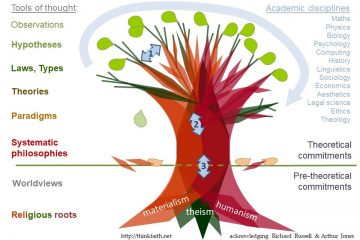Is this a good school? The perils of far-fetched objectivity
It was at the start of this year that Ruth Perry, the headteacher of a primary school in Reading, took her own life after being informed that the school she led (and attended as a child) would be downgraded by Ofsted from “outstanding” to “inadequate”. This story, tragic on many Read more






